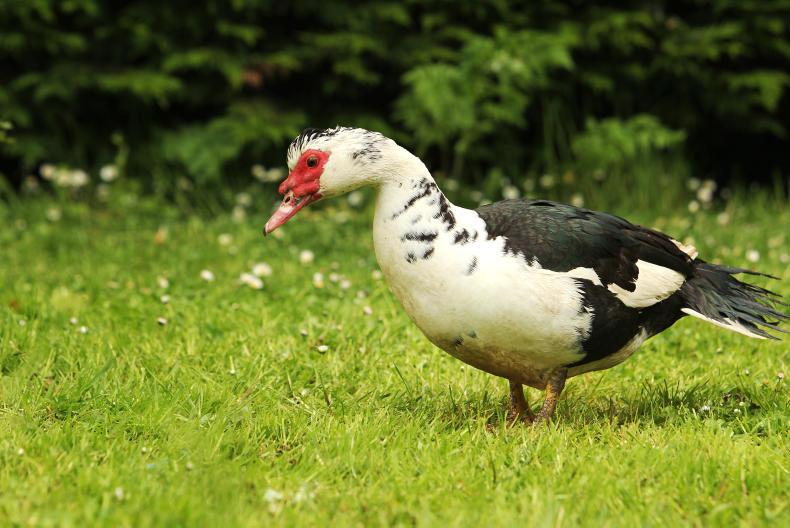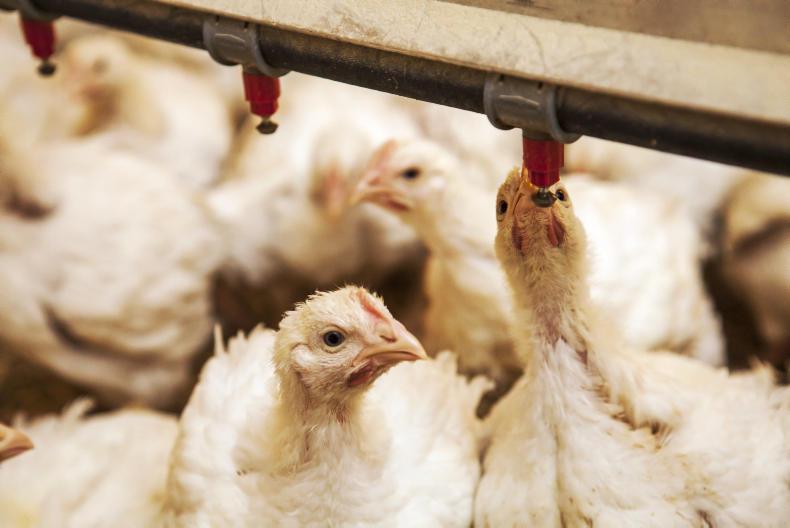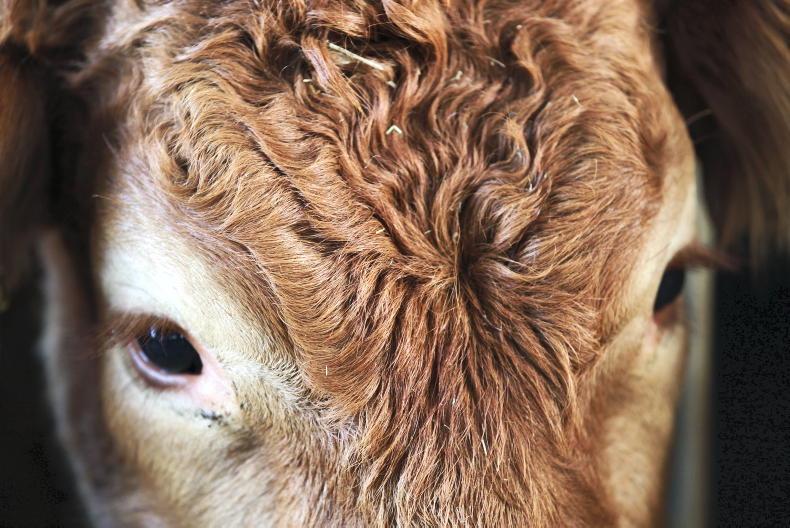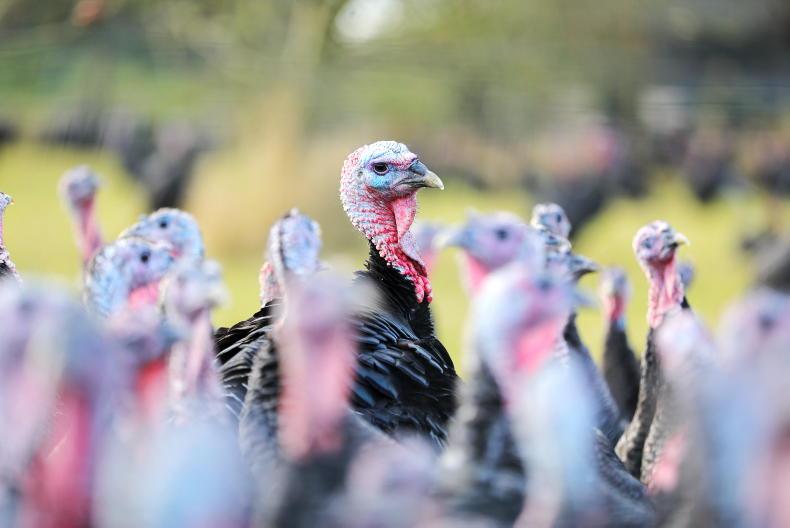In a statement this Wednesday, DAERA’s chief veterinary officer Nigel Gibbens said the avian influenza protection zone covering the whole of Great Britain will remain in place until 28 February. The decision follows a fresh outbreak in a Welsh backyard flock, which was confirmed on Tuesday.
The measures, which include an obligation to keep all farmed and pet birds indoors and a ban on poultry gatherings, was first introduced on 6 December for one month after the H5N8 virus first appeared in England. According to scientists, this strain is lethal to birds but does not affect humans.
“Even when birds are housed a risk of infection remains so this must be coupled with good biosecurity – for example disinfecting clothing and equipment, reducing poultry movement and minimising contact between poultry and wild birds,” Gibbens said.
Where housing flocks is not possible, other action must be taken to avoid all contact between the flock and wild birds.
The similar protection zone implemented in Northern Ireland and the Republic on 23 December for one month remains in place.
One case of H5N8 bird flu has so far been detected in Ireland, in a wild duck in Co Wexford on 28 December. The current European-wide episode has led to more than 600 confirmed outbreaks in wild and farmed birds.
Listen to a discussion of the outbreak in our podcast below:
Listen to "Case of bird flu discovered in Co Wexford" on Spreaker.
Mass cull in French foie gras region
Also on Wednesday, the French Ministry of Agriculture announced that it would cull all ducks and geese kept outdoors in parts of the most severely affected south-western region from Thursday, except on those farms that keep birds on a single site during their entire life cycle.
"This depopulation operation will be followed by cleaning and disinfection of buildings and outdoor areas," the ministry added.
The zone designated for the cull is in France's core foie gras producing region and is home to several million birds, a large proportion of which could fall under the criteria for disposal.
Read more
Bird flu: what is it and should I be worried?
Full coverage: bird flu
In a statement this Wednesday, DAERA’s chief veterinary officer Nigel Gibbens said the avian influenza protection zone covering the whole of Great Britain will remain in place until 28 February. The decision follows a fresh outbreak in a Welsh backyard flock, which was confirmed on Tuesday.
The measures, which include an obligation to keep all farmed and pet birds indoors and a ban on poultry gatherings, was first introduced on 6 December for one month after the H5N8 virus first appeared in England. According to scientists, this strain is lethal to birds but does not affect humans.
“Even when birds are housed a risk of infection remains so this must be coupled with good biosecurity – for example disinfecting clothing and equipment, reducing poultry movement and minimising contact between poultry and wild birds,” Gibbens said.
Where housing flocks is not possible, other action must be taken to avoid all contact between the flock and wild birds.
The similar protection zone implemented in Northern Ireland and the Republic on 23 December for one month remains in place.
One case of H5N8 bird flu has so far been detected in Ireland, in a wild duck in Co Wexford on 28 December. The current European-wide episode has led to more than 600 confirmed outbreaks in wild and farmed birds.
Listen to a discussion of the outbreak in our podcast below:
Listen to "Case of bird flu discovered in Co Wexford" on Spreaker.
Mass cull in French foie gras region
Also on Wednesday, the French Ministry of Agriculture announced that it would cull all ducks and geese kept outdoors in parts of the most severely affected south-western region from Thursday, except on those farms that keep birds on a single site during their entire life cycle.
"This depopulation operation will be followed by cleaning and disinfection of buildings and outdoor areas," the ministry added.
The zone designated for the cull is in France's core foie gras producing region and is home to several million birds, a large proportion of which could fall under the criteria for disposal.
Read more
Bird flu: what is it and should I be worried?
Full coverage: bird flu










SHARING OPTIONS